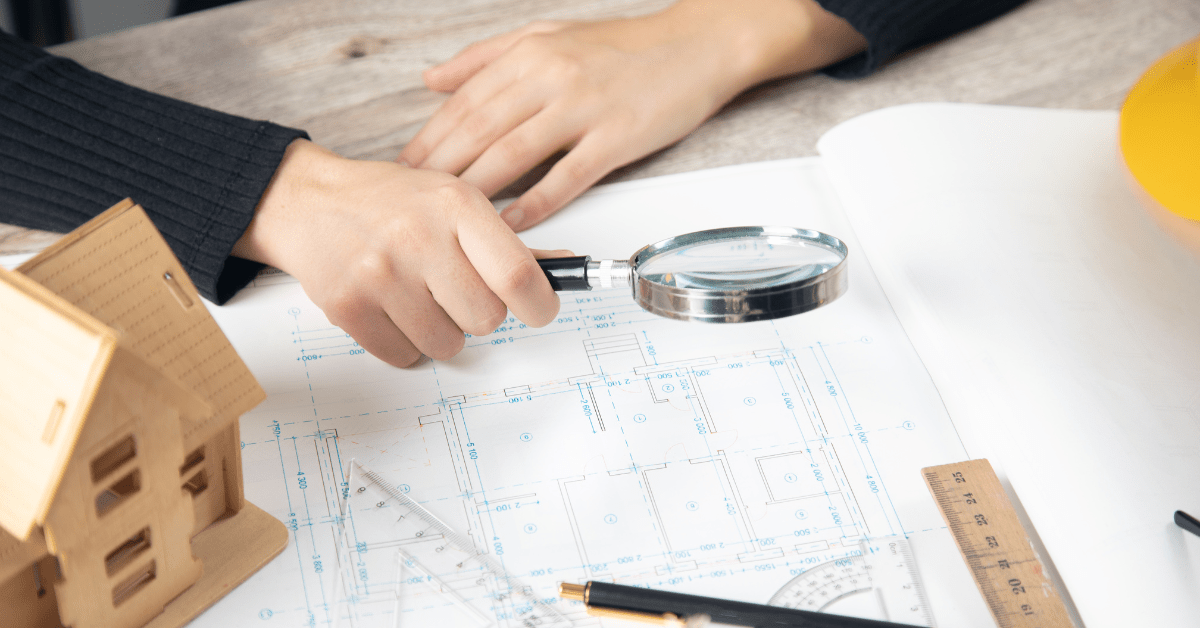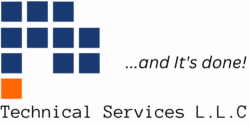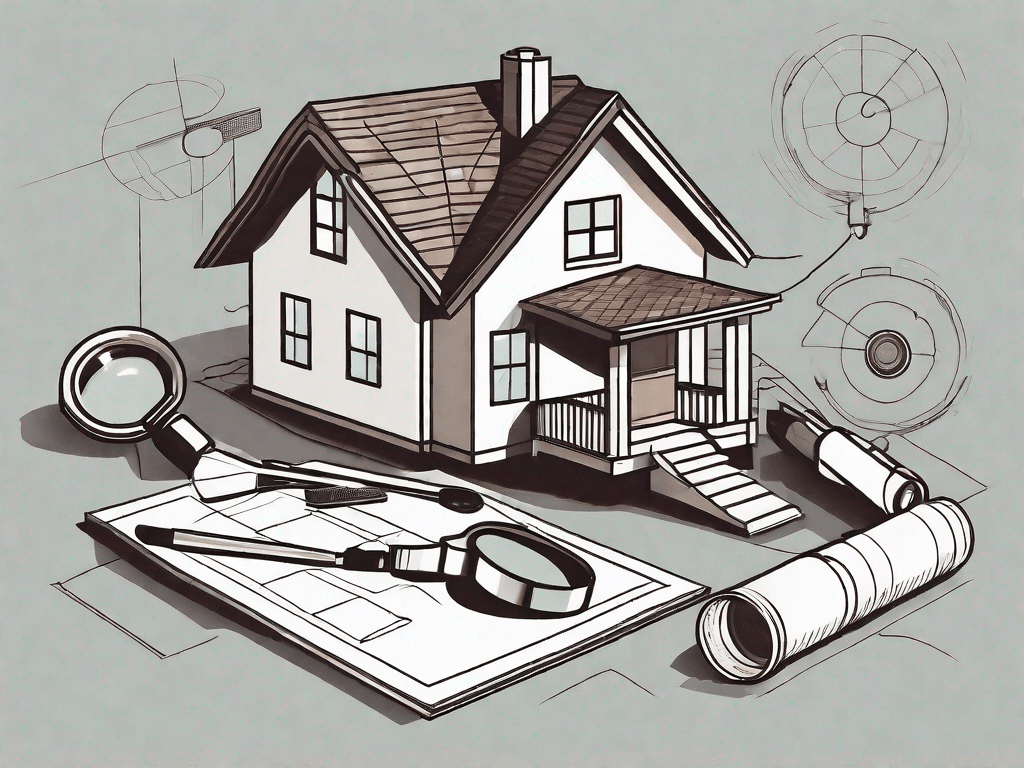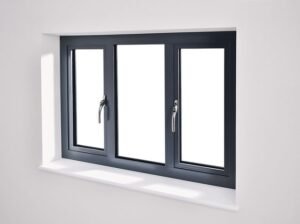Owning a property is a significant milestone, but achieving perfection in your investment requires careful planning, attention to detail, and strategic execution. Whether you’re purchasing a new home, renovating an existing property, or investing in real estate, striving for property perfection is essential for maximizing its value and appeal. In this article, we’ll explore the five best strategies for achieving property perfection, ensuring your investment stands the test of time and exceeds your expectations.
Understanding the Importance of Property Perfection
Property perfection goes beyond mere aesthetics; it encompasses functionality, durability, and overall appeal. Achieving property perfection is crucial for homeowners looking to maximize the value of their investment and create a comfortable living space that meets their needs and preferences. By addressing flaws and enhancing the property’s features, homeowners can ensure their property maintains its value and appeal for years to come.
Strategic Planning and Research
The foundation of property perfection lies in strategic planning and thorough research. Before purchasing or investing in a property, it’s essential to consider factors such as location, budget, property type, and potential for appreciation. Conducting thorough research and seeking professional advice can help homeowners make informed decisions and avoid costly mistakes.
Pre-Purchase Inspection

A pre-purchase inspection is a critical step in achieving property perfection. By hiring a professional inspector to assess the property’s condition, homeowners can identify any existing issues or defects that may affect its value or livability. From structural problems to hidden defects, a comprehensive inspection provides valuable insights that enable homeowners to make informed decisions and negotiate with confidence.
Effective Communication with Contractors
Clear and open communication with contractors is essential for achieving property perfection during renovations or construction projects. Homeowners should clearly communicate their expectations, preferences, and budget constraints to ensure the project stays on track and meets their specifications. Regular updates and feedback sessions help maintain transparency and address any concerns or issues promptly.
Quality Materials and Workmanship
Investing in quality materials and skilled craftsmanship is essential for achieving property perfection. From durable flooring materials to energy-efficient appliances, using high-quality materials enhances the longevity, functionality, and aesthetics of a property. Skilled craftsmanship ensures that renovations or construction projects are executed to the highest standards, resulting in a flawless finish that exceeds expectations.
Attention to Detail
Property perfection lies in the details. Paying attention to small details during renovations or enhancements can make a significant difference in the overall appeal and value of a property. Whether it’s selecting the perfect paint color, adding decorative accents, or optimizing storage space, minor touches elevate the property’s charm and create a lasting impression.
Continuous Maintenance and Upkeep
Achieving property perfection is an ongoing process that requires continuous maintenance and regular upkeep. Establishing a maintenance schedule and addressing issues promptly helps preserve the property’s value and prevent minor problems from escalating into costly repairs. By staying proactive and attentive to the property’s needs, homeowners can ensure it remains in pristine condition for years to come.
Conclusion
Striving for property perfection is a worthy endeavor that requires careful planning, attention to detail, and ongoing maintenance. By implementing the five best strategies discussed in this article—strategic planning and research, pre-purchase inspection, effective communication with contractors, quality materials and workmanship, attention to detail, and continuous maintenance—homeowners can achieve property perfection and enjoy the benefits of their investment for years to come.
FAQ
- How often should I conduct a property inspection? Property inspections should be conducted at least once a year, with additional checks after significant events such as severe weather or major renovations.
- What are some common property snags to look out for? Common property snags include roof leaks, foundation cracks, plumbing leaks, electrical issues, and HVAC malfunctions.
- Do I need to hire professionals for property inspections and repairs? While DIY inspections and repairs are possible, hiring professionals such as inspectors, contractors, and designers can ensure a thorough assessment and optimal results.
- How can I prevent future property snags? Investing in preventative maintenance, staying proactive with repairs and upgrades, and leveraging technology for property management can help prevent future snags from arising.
- What role does technology play in achieving property perfection? Technology tools and platforms can streamline property management and maintenance tasks, providing homeowners with the tools they need to stay organized, informed, and in control of their property’s condition and presentation.








